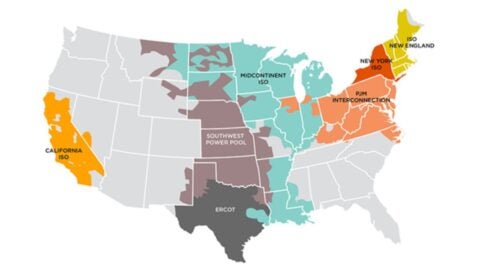A Good Side to Global Warming?
ignoratio elenchi n.
A logical fallacy of presenting an argument that may in itself be valid, but has nothing to do with the proposition it purports to prove. Also known as “irrelevant conclusion”. [Lat. ignorance of refutation.]
As the fact of climate change becomes ever more apparent, the science skeptics have come up with a new one: Sure climate change has some unfortunate consequences, but there are good aspects, too. For example, read Myron Ebell’s recent piece in Forbes magazine titled "Love Global Warming". For that, Mr. Ebell wins our latest Ignoratio Elenchi Award.
Yeah, I suppose a warming globe brings some positive changes: milder winters for many of us in the temperate regions of the globe, and longer growing seasons for U.S. farmers. But to go from there to conclude that global warming is a good thing overall, or even a good thing for some folks, is a real stretch.
To assess the overall impact of climate change, we have to look at the big picture. Longer growing seasons might be great for farmers, but increasingly severe droughts are not. And what about the invasion of new pests? Milder winters let those pesky creatures survive in more northerly climes, to wreak havoc during the summer. A case in point is the bark beetle, which is laying waste to millions of acres of forest from New Mexico to Alaska (see NY Times article, subscription required). Once a tree is infested with bark beetles there is no remedy.
More to the point, it’s naïve to believe that some people in some regions will be better off while others are devastated. We are all interconnected in a global community. Never mind the ethical implications – when a hurricane like Katrina decimates one part of our country, we all feels its economic impact. And when millions of refugees are created by global climate change, our own national security is undermined. Don’t take my word for it – look at what a group of military experts had to say.
And this isn’t just a someday-maybe fantasy; it’s already happening. Bangladeshis are having to move their homes inland as sea levels slowly but inexorably rise. An article in the Chicago Tribune called them "the first refugees of global warming". But actually they have to get in line behind two islands in the South Pacific (see our Encroaching Sea Haiku for details), and Shishmaref in Alaska, which is facing evacuation due to rising temperatures.












